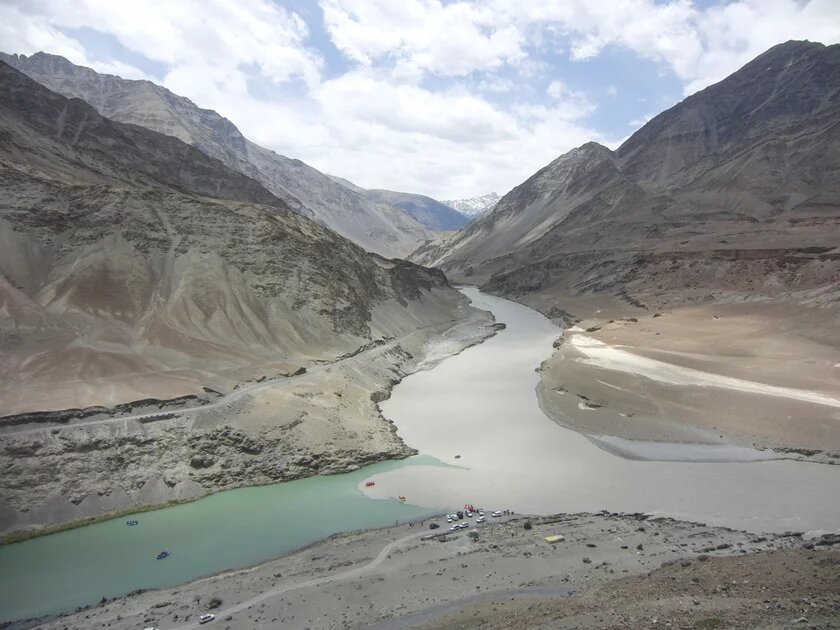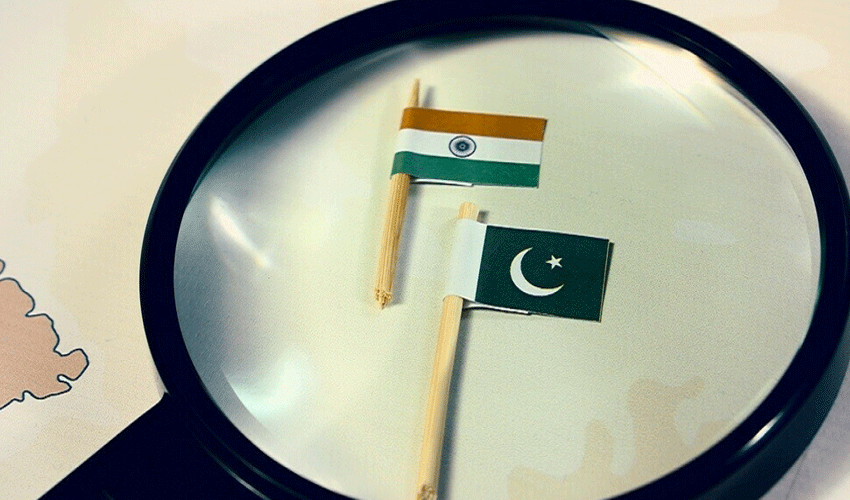The Indus Waters Treaty (IWT), long considered a rare symbol of sanity between nuclear-armed India and Pakistan, has finally buckled under New Delhi’s aggressive posture. In an unprecedented move in 2025, India has unilaterally suspended the treaty—weaponizing water in response to a terror incident it quickly blamed on Pakistan, without presenting credible international evidence.
The suspension reveals not just India's strategic aspirations but also its readiness to jeopardize regional peace and break international norms.
For more than six decades, the IWT endured wars, political crises, and diplomatic impasses, serving as a stabilizing factor in South Asia. But India's decision to abandon the treaty has now transformed water—a lifeline—into an instrument of coercion. With outstanding technical matters and outstanding disputes still on the table, India has opted to go its own way, potentially strangling Pakistan's rivers in a region already ravaged by climate change.
India's suspension comes after the Pahalgam attack, where 26 tourists were slain. While New Delhi quickly fingered Pakistan-backed militants, suspending a worldwide recognized treaty looks less of an action and more of a planned move. Negotiations under the Permanent Indus Commission were already on hold since 2022. In 2023, India insisted on renegotiating the treaty—on grounds of terrorism, climate change, and rising water needs—but its true aim appeared obvious: complete dominion over the western rivers, in contravention of the treaty's fundamental principles.

India has for a long time accused Pakistan of abusing the treaty's mechanisms for resolving disputes, but it is New Delhi that habitually modifies dam designs to subvert water flows. Pakistan's objections have repeatedly been denied without following procedure. Now that the treaty hangs in the balance, India is no longer making excuses. It intends to modify the seasonal discharge of water from reservoirs, further worsening the already desperate conditions for Pakistan.
Climate crisis and its impact
It is further exacerbated by the increasing prospect of climate change. Pakistan, which is already experiencing extreme climate patterns, unprecedented floods, and droughts, is threatened at its very survival by water security. The vast glacial meltdown in the north of the country, coupled with unpredictable rainfall cycles, renders water passing through the Indus River and its tributaries necessary for the very survival of the country. The disturbance of the IWT not only threatens the environment of the region but may lead millions of people to water shortage, triggering an unprecedented crisis.

India's move is at a time when the world is experiencing catastrophic floods, droughts, and wildfires—indications of a more unstable climate. Instead of taking this common threat as a point of cooperation, India has opted to take advantage of Pakistan's weakness, using water as a political tool. The climate crisis is one that necessitates cooperation at all costs, but India's unilateral choice to destabilize the region through fiddling with water flows shows a hazardous neglect of international unity in the interests of facing the common environmental menace together.
International community silence
What's most disturbing is that of the international community. The United Nations, that should act as a facilitator of peace and stability, has been wanting in meaningful action in the wake of India's aggressive posturing. The World Bank, which traditionally provided mediation in cases of disputes under the IWT, has kept aloof from action, prompting Pakistan to rely on itself. Even with the clear threats to local security and welfare of hundreds of millions, few in the international community have been eager to pressure India back to the negotiating table.
The silence is deafening. The international community, so ready to condemn human rights abuses and environmental catastrophes elsewhere, has remained silent on the growing water conflict in South Asia. With tensions rising, Pakistan's requests for mediation fall on deaf ears, and the threat of war over water only increases. Such a passive approach by international agencies only encourages India's disregard for its international obligations under international law.
Pakistan's water security is being assaulted, and the world cannot just stand idly by. India's decision to put the Indus Waters Treaty on hold is not merely a violation of a 60-year-old accord; it is a threat to the very existence of Pakistan, especially against the backdrop of a climate change scenario.
The era of diplomatic niceties is over. The world has to hold India accountable for what it does and ask it back to the table. And then there is Pakistan, which needs to remain steadfast in defense of its rights while actively seeking the support of the international community in safeguarding its most precious resource.



























